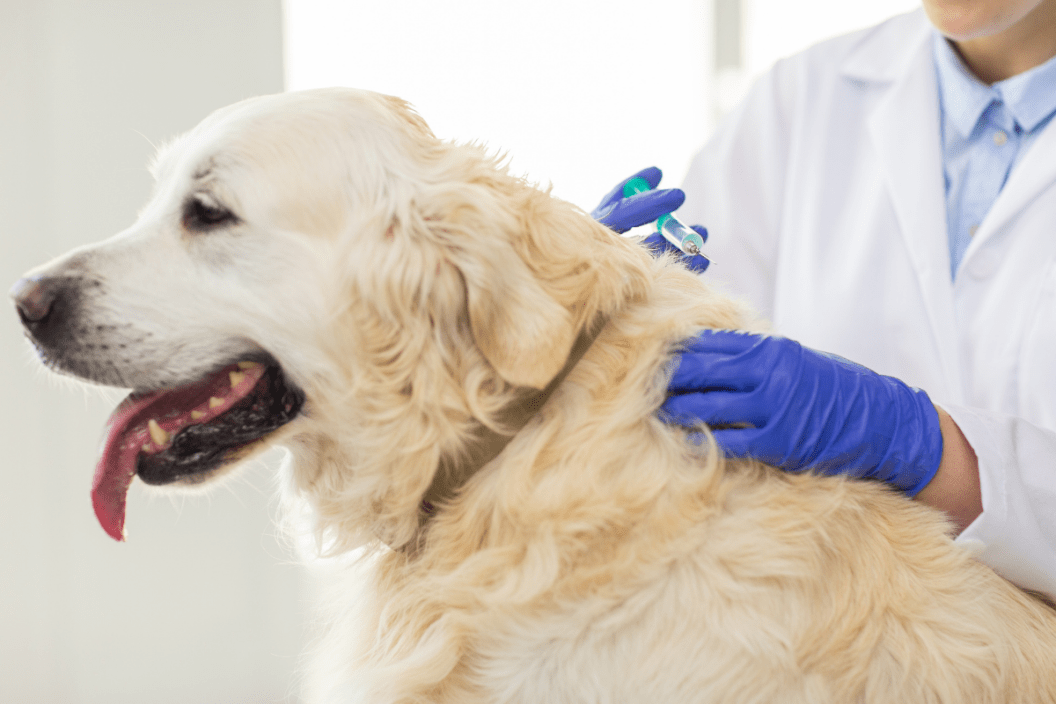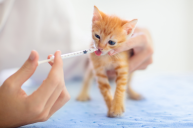Most daycares, grooming facilities, and veterinarians will either recommend or require that your dog have the Bordetella vaccine before entering their care. Bordetella—also known as kennel cough—is a common illness that tends to spread like wildfire in confined spaces that house a lot of dogs at one time. While kennel cough and the associated prevention are common, there's a lot of misinformation out there about both the vaccine and illness. What is kennel cough, how effective is the vaccination, and can you safely treat prevent kennel cough in puppies? Here's what you need to know.
What Is Kennel Cough?
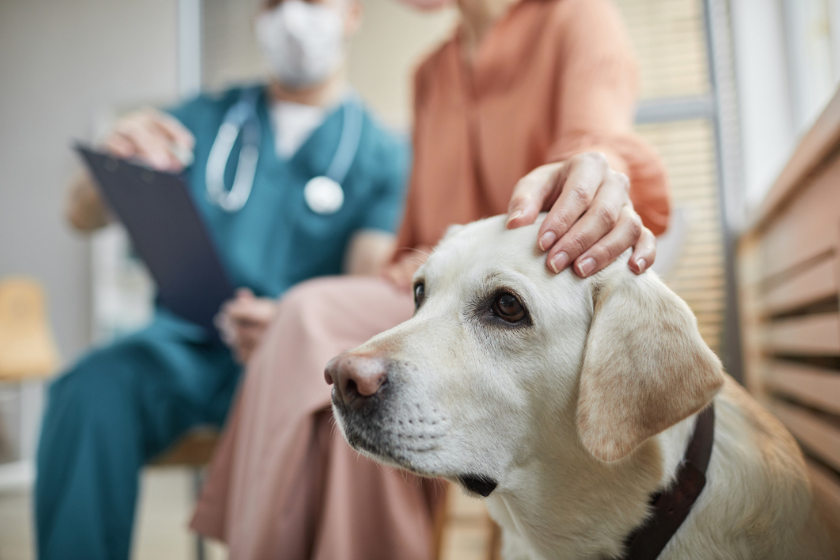
Kennel cough is a common respiratory disease that many pet owners find out about after bringing pets home from an extended stay at a boarding facility or adoption site. Several viruses and bacteria (such as canine influenza and canine parainfluenza virus) can cause kennel cough, and they frequently do so simultaneously. This respiratory infection affects the upper respiratory system of dogs, causing inflammation of the trachea and bronchi. It is highly contagious and travels quickly from dog to dog, much like a cold does in people. It just takes one sick dog to sneeze, bark, or cough for millions of infectious kennel "bugs" to saturate the surrounding air and environment.
The technical and more appropriate name for kennel cough is tracheobronchitis. It defines the infection's position in the windpipe, also known as the trachea and bronchial tubes. Because the virus spreads when dogs are in close contact it is frequently found shortly after dogs have been in kennels.
While kennel cough is not deadly, tracheobronchitis is extremely painful for dogs and dog owners, who must endure the loud, persistent, honking cough and nasal discharge that comes with it. Kennel cough is a lot like getting the common cold as a human. It might not kill you, but it's definitely capable of making you miserable for weeks! Still, that's no reason to leave respiratory congestion untreated in your dog.
Symptoms of Kennel Cough

Some symptoms of Bordetella can be mistaken for allergies in dogs, but they're usually more severe. Here are some signs to look out for, especially if your dog has recently shared a crowded space with many other dogs:
- Dry and honking cough
- Snorting or sneezing
- Gagging or vomiting
- Runny nose
And here are the most common locations where your dog may get kennel cough:
- Boarding or daycare centers
- Training facilities
- Dog parks
Benefits of the Bordetella Vaccine for Dogs
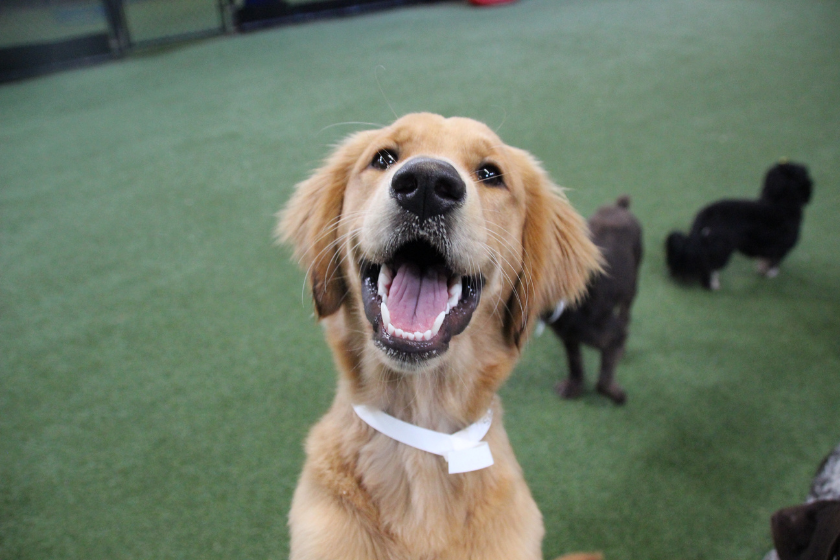
Bordetella bronchiseptica, or Bordetella, is a bacterium that is often linked with canine respiratory illness. It is the cause of kennel cough, also known as infected tracheobronchitis. The vaccine that works against this bacterium is sometimes called the kennel cough vaccine.
The Bordetella vaccination for dogs is readily accessible and protects against this particular bacteria, keeping your dog protected from kennel cough. Many veterinarians favor intra-nasal immunization, and veterinary medicine even has an oral vaccine that you can add to your dog's vaccine schedule to avoid injection site issues. However, there are some cases where an injectable vaccine is preferable. With the exception of sick dogs, most dogs are safe candidates for the Bordetella vaccine. Check with your veterinarian if your dog goes to kennels, groomers, dog parks, dog sporting activities, or training classes.
Delivering the vaccine via nasal drops enables the development of local immunity on the mucous membranes of the nose, throat, and windpipe, where infectious pathogens initially assault. The injectable form of this kennel cough vaccination is administered beneath the skin in the subcutaneous tissue rather than the muscle.
Vaccination is the most effective approach to prevent your dog from diseases caused by canine infectious tracheobronchitis. While some doctors suggest the Bordetella vaccination exclusively for dogs who spend time in high-risk situations, many others advocate it for all dogs, regardless of risk. This is due to the ease with which Bordetella is transmitted and the vaccine's tolerability in most dogs.
How Often Dogs Need the Bordetella Vaccine
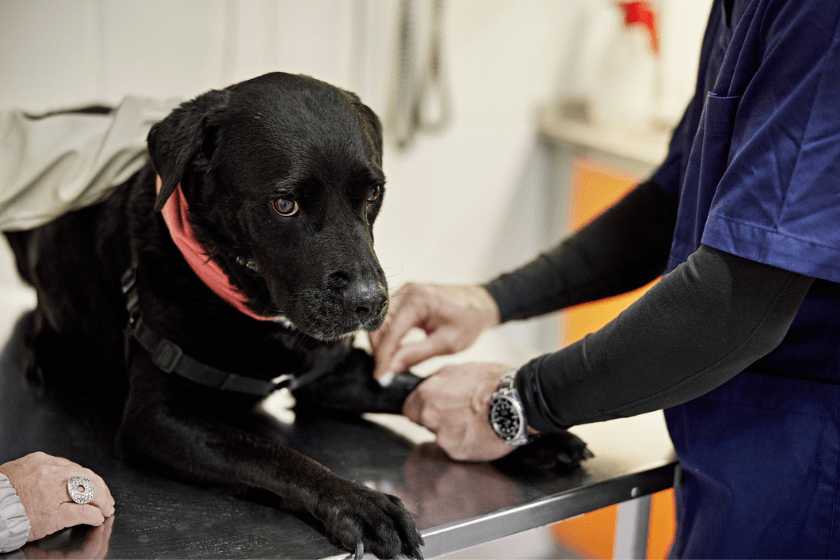
Between 6 and 8 weeks of age, puppies should get the injectable form of the Bordetella vaccine. Then, four weeks later, or between 10 and 12 weeks of age, they should take a second injectable booster. If you acquired a puppy that has not yet had these shots, or if you are unsure, they will only require a single dose of the injectable form of the vaccination after the age of 16 weeks.
Adult dogs should receive a booster dose of the Bordetella vaccination every six to twelve months, depending on the dog's risk factors. If you board your dog, send it to doggie daycare, or enroll it in training programs, the facility will most likely need your dog to obtain the booster every six months. This keeps your dog healthy while also preventing other animals in the facility from getting the disease. Dogs with a lower risk of getting kennel cough can receive the vaccine annually.
Did your dog have any side effects or a vaccine reaction from the Bordetella vaccine? Share with us on the Wide Open Pets Facebook page!
